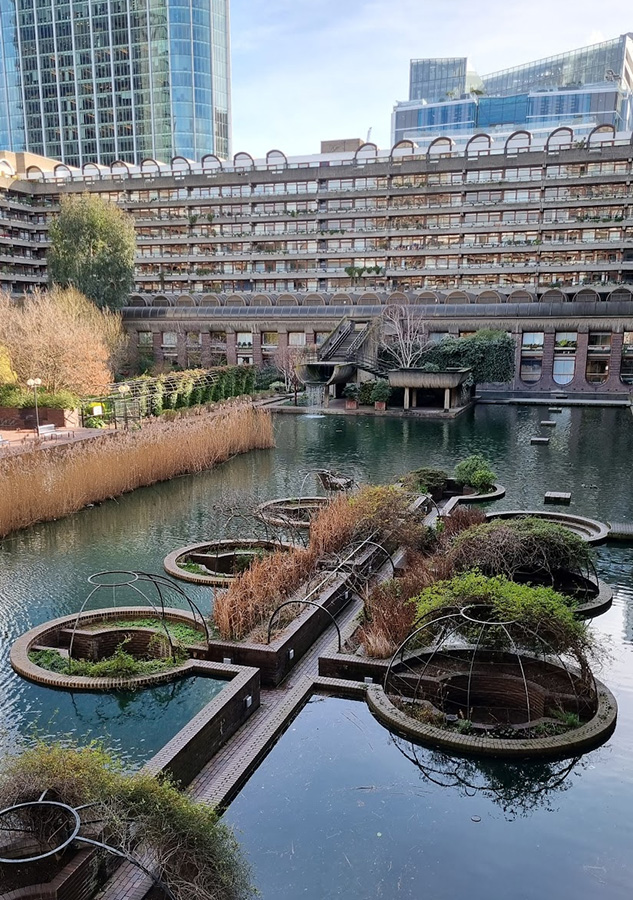When approaching the urgent challenges of our times—climate change, rising inequality, eroding social fabric—it’s all too easy to focus on all that’s broken and missing in the world; all that is less than whole. Yet finding beauty in apparent imperfection might actually be vital along the journey toward regeneration.
This article aims to be thought provoking – highlighting the challenges and suggesting some off the wall ideas.

The world moves too fast for perfection. What seems perfect today may be imperfect and legacy tomorrow. We need to apply pragmatism in evolving our place in the complex interconnected systems around us. For example technological systems interact with other systems – including human systems and the natural ecosystem. We won’t ever unpick this interconnectedness and drive towards sustainability if we wait for perfection. Partly as perfection is subjective and perfection is arguably unnatural and inherently unsustainable.
Digitally enabled society / economies today exhibit no shortage of ethical imperfections. Algorithmic social platforms centralise vast riches, whilst eroding mental health and fragmenting cultural cohesion. Internet infrastructure relies upon unsustainably extracted minerals and fossil fuel-derived energy, accelerating global warming. Smart city sensors and ubiquitous computing raise new concerns regarding privacy. Automation displaces workers whilst driving accelerated consumption.
Yet the distributed digital “canvas” offers enormous potential for systemic transformation as well—if oriented toward regeneration and symbiosis over extraction. We must inhabit the imperfect systems courageously whilst guiding them toward regeneration.
What could more harmonious, life-affirming technology systems resemble in vital industries like energy, mobility, infrastructure and finance? How might we listen to marginalised voices to architect digital services embedding care, reciprocity, and radical accessibility?
The cone of possibilities expands once we embrace imperfection as the baseline from which beauty emerges through ethical, holistic progress. Within the cracks and flaws of existing systems, we find fertile soil and space enough for emancipatory dreams to take root if tended patiently.
Let’s imagine a future internet that enables the human and business connectivity required for the circular economy. Specifically this could be through enabling the flow of resource and waste material data. Offering a distributed data and transactional platform for suppliers and consumers to match waste materials, with requirements for source materials that take waste streams and create new products and services. Think of the current financial markets re-calibrated to facilitate the circular economy rather than continued exploitation of virgin materials and linear supply chains.
My dream is that the future sustainable internet enables circular and regenerative enterprise. Rather than the current situation. The one that largely just allows for ESG reporting of our mostly extractive profiteering, at the price of natural capital.
Opening up these markets would also allow for players of all sizes (including small and medium sized organisations or individuals) to participate. Think low impact distributed ledger – definitely not a computationally expensive Proof of Work based blockchain! – for material and resource flows. Something that decouples producers and consumers and allows for match making of material flows. This effort would be highly dynamic and iterative – and by its nature imperfect. But we shouldn’t let perfect be the enemy of good enough when it comes to sustainable systems design.
Lets try and keep the faith in, and the potential for the beauty of humanity to shine through. Excellence lies not in achieving some static perfection, but in the directionality—our collective commitment to progressing compassionately toward regeneration and justice despite inevitable missteps along the winding way. Maybe the systems we inhabit cannot help but reflect our level of consciousness as participants (much like Conway’s law applies to Enterprise Systems). And perhaps consciousness evolves in spirals, not straight lines?
We believe this also applies to our recently announced Creative Commons Technology Carbon Standard. Whilst it is imperfect (and currently could be accused a little of Carbon Tunnel Vision – something we plan to fix), we have designed it to be a simple, elegant and easy way to navigate towards a more sustainable future for our tech platforms.
Oliver Cronk leads the Sustainable Technology practice at Scott Logic, a UK-based software and data consultancy. With a background spanning energy, finance, government, and tech sectors, Oliver is a passionate advocate for sustainable and responsible technology. He recently co-authored the Tech Carbon Standard, an open-source framework to help practitioners navigate their journey to greener tech. Oliver is also the creator and host of the Architect Tomorrow podcast, focusing on emerging technologies, sustainability, and career pathways into architecture.
When not on a computer Oliver can often be found cycling with his family or taking pictures of natural and man made wonders. If you’d like to get involved with the Tech Carbon Standard or brainstorm ideas on the internet for the regenerative, circular economy do get in touch with Oliver Cronk at Scott Logic (available on CAT Slack or LinkedIn)
